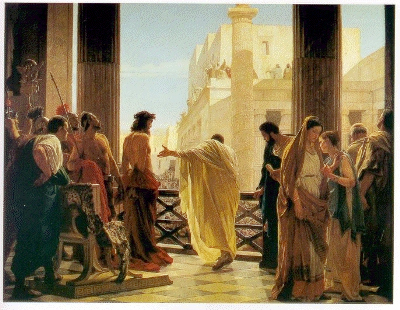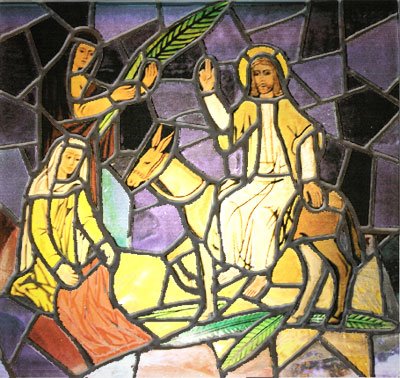There is no Plan C – Conquering False Hope with Faith
Today is Loyal Thursday, and during these 12 Days of Trust — celebrating the virtue of Faith — it is important to remember the fallibility of Hope. Faith is the complement of Hope, and its antidote when Hope becomes false:
Faith, rather than meaning credulous obedience to dogmatic authority, is simply what we modern Americans would call “stick-to-it-iveness”: a confidence that is not shaken by contest and competition, or lured away by fleeting temptations. It is the same faith as that found in a “faithful” husband or wife, the same faith in the military oath “to bear true faith and allegiance.”
Faith is a virtue in marriage and the military not because one’s spouse is the best partner on Earth or because every battle can be won but because, without faith, the reality supported by that faith crumbles to dust. Faith is the virtue of focus … Hope is the virtue of open-mindedness.
Without Faith focusing on the nitty-gritty particulars … Hope becomes mere naïveté.
In order to to act as virtues rather than vices, clear-minded Faith and open-minded Hope must be reconciled with each other. Continue reading

 Today, the second Thursday after Easter, is the beginning of the 12 Days of Blessings, which is the first of the three dozenals of the Ascension Season.
Today, the second Thursday after Easter, is the beginning of the 12 Days of Blessings, which is the first of the three dozenals of the Ascension Season.
 One of the more controversial aspects of traditional Passion plays is the scene wherein Pontius Pilate offers to release one prisoner to the Jews, as part of what the Gospels indicate is a Passover custom in Roman-occupied Judea.
One of the more controversial aspects of traditional Passion plays is the scene wherein Pontius Pilate offers to release one prisoner to the Jews, as part of what the Gospels indicate is a Passover custom in Roman-occupied Judea.
 Palm Sunday commemorates the day Jesus entered Jerusalem on the back of a colt (or donkey) with throngs of Messianic enthusiasts paving the way with palm fronds. Celebrations of this holiday therefore often include palms.
Palm Sunday commemorates the day Jesus entered Jerusalem on the back of a colt (or donkey) with throngs of Messianic enthusiasts paving the way with palm fronds. Celebrations of this holiday therefore often include palms. Typically, Reform Unitarianism avoids the use of the cross. One reason is that the cross did not become an important symbol in Christianity until well into the 4th Century, after conflationist corruptions had begun to undermine Christian theology. The cross simply does not represent original Christianity.
Typically, Reform Unitarianism avoids the use of the cross. One reason is that the cross did not become an important symbol in Christianity until well into the 4th Century, after conflationist corruptions had begun to undermine Christian theology. The cross simply does not represent original Christianity.